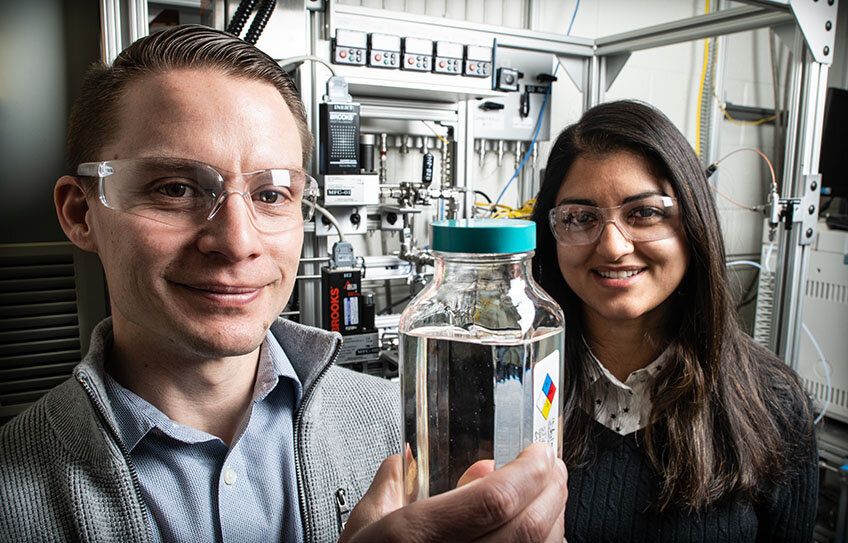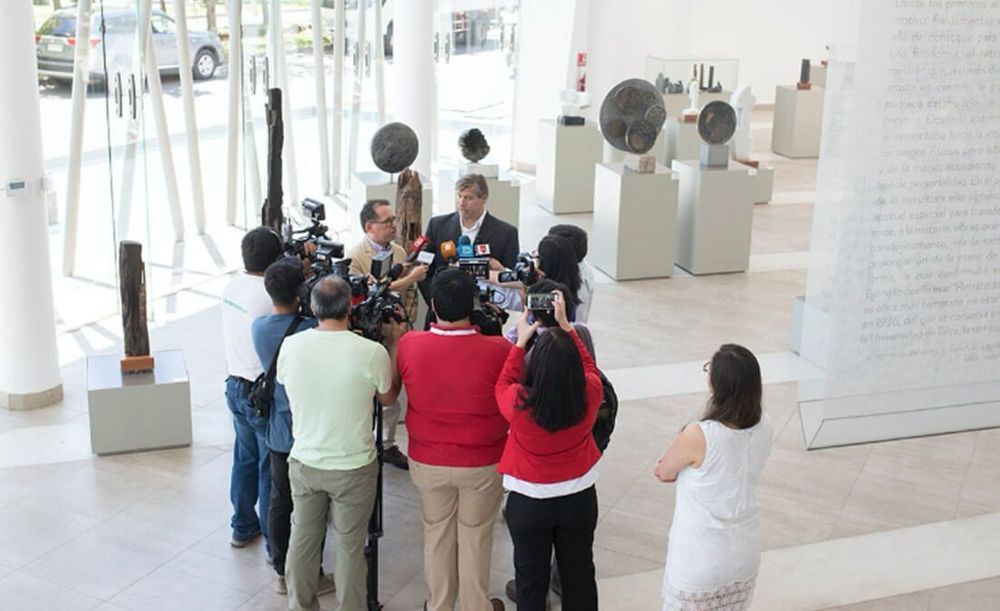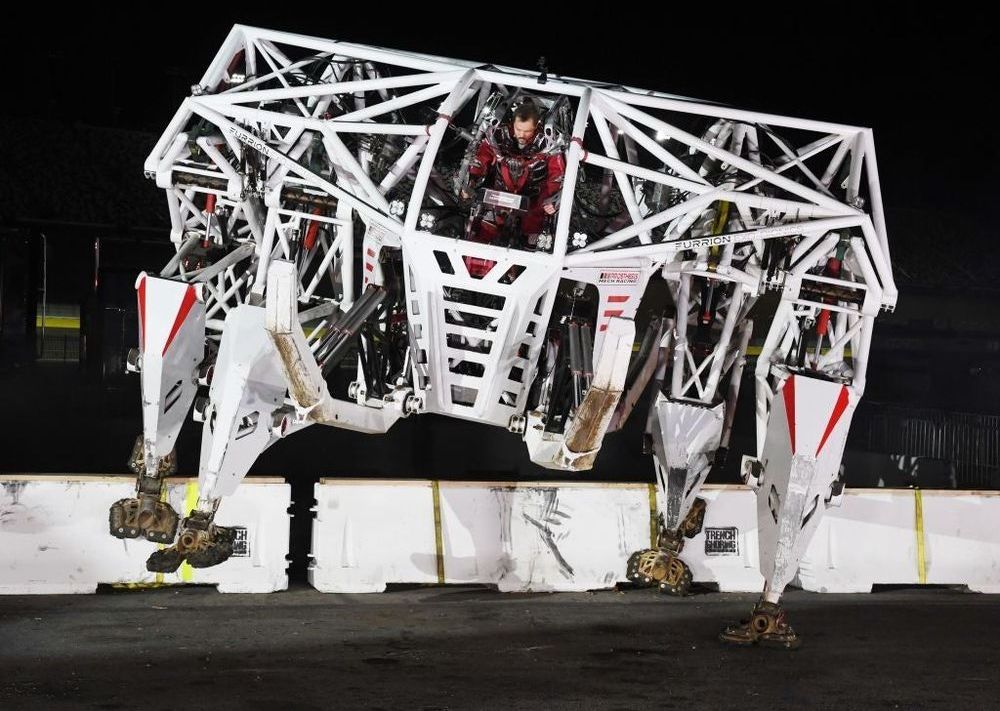The NREL scientists, along with colleagues at Yale University, Argonne National Laboratory, and Oak Ridge National Laboratory, are part of the Department of Energy’s Co-Optimization of Fuels & Engines (Co-Optima) initiative. Co-Optima’s research focuses on improving fuel economy and vehicle performance while also reducing emissions.
“If you look at biomass, 30% of it is oxygen,” said Derek Vardon, a senior research engineer at NREL and corresponding author of a new paper detailing the Co-Optima research project. “If we can figure out clever ways to keep it around and tailor how it’s incorporated in the fuel, you can get a lot more out of biomass and improve the performance of diesel fuel.” The molecule, 4-butoxyheptane, contains oxygen while conventional petroleum-derived diesel fuel is comprised of hydrocarbons. The presence of oxygen significantly reduces the intrinsic sooting tendency of the fuel upon burning.
The paper, “Performance-advantaged ether diesel bioblendstock production by a priori design,” appears in the journal Proceedings of the National Academy of Sciences. Vardon’s co-authors from NREL are Nabila Huq as the first author, with co-authors Xiangchen Huo, Glenn Hafenstine, Stephen Tifft, Jim Stunkel, Earl Christensen, Gina Fioroni, Lisa Fouts, Robert McCormick, Matthew Wiatrowski, Mary Biddy, Teresa Alleman, Peter St. John, and Seonah Kim.







